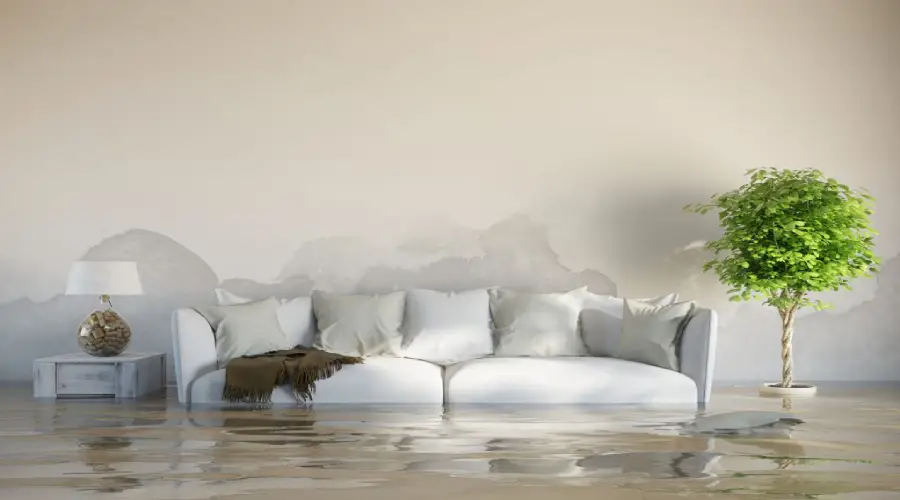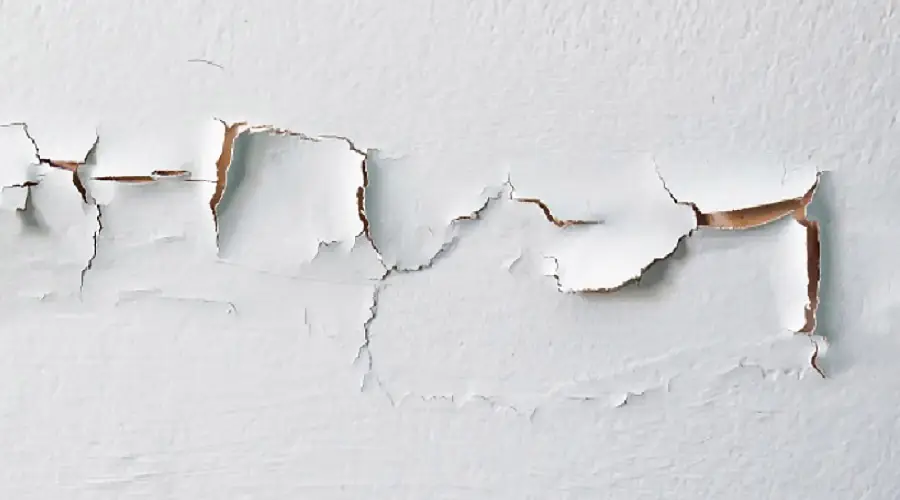You get back from an excursion to find a small pool shaped inside your storm cellar. The house has heaved, spilled over, or even was detonating. The principal response? Alarm. The subsequent stage: how to acquire protection to cover water harms? Stop briefly and let go of the nervousness.
The Steps Are Designed To Assist
Frost and water damage are among the most frequent homeowners' insurance claims that are filed across the country according to Insurance Information Institute. However, water damage claims can be difficult to prove sometimes.
In order to be eligible for coverage you must convince your Water Damage Restoration Houston that the damage was caused by something unexpected and internal, such as an explosion in a pipe. Flooding isn't insured by your home insurance as is normal wear and wear and tear or maintenance problems.
1. Find Out Where The Water Comes From, And Make Steps To Prevent It From Running
If you're certain that it's appropriate to do this then take immediate action to stop water from flowing in areas it should not. This may mean closing the main valve in your home (which typically will require a wrench) or an individual valve for water, commonly called a "stop." These valves that lead to your toilet, dishwasher washing machine, dishwasher, or ice maker can be closed (clockwise) manually, to stop the flow of water.
Find out more about how to close off the water valve.
In addition, it's an excellent idea to look into leak detection systems for water and automatic shutoff valves, before a catastrophe happens. By making a small investment, you can avoid an expensive claim and reduce your costs through discounts on your home insurance.

2. Find Out Whether The Water Damage You Have Suffered Is Covered Under Your Insurance Policy For Your Home
According to the majority of homeowners insurance policies If water damage occurs in a sudden or accidental manner at a point inside your home, like the rupture of a pipe then it is likely to be covered under your homeowner's insurance. If the water source is outside of your home, it won't be covered under the regular policy.
But, you may be able to get extra protection from flooding-related damages by purchasing flood insurance. It is a separate insurance policy that could be a good supplement to your home's existing insurance.
3. Contact Your Insurance Company And Inform Them Of Your Claim
In the case of water, damage timing is vital. According to FEMA Mold and mildew are likely to grow within 24 hours of exposure. If your pipe bursts on a Friday night, don't delay until Monday morning when you inform your insurance company or agent to be aware of the issue. Many insurance companies have hotlines that are available 24 hours a day to help you navigate the process of filing claims and guide you on how to clean up.
If you're not able to fully cleanse and dry out the area yourself It is recommended to call
Home Water Damage Repair in Los Angeles. Insurance companies may not want to endorse a specific water damage business, however, they ought to be able to assist you in identifying local options.
4. Have The Moisture And Water Professionally Cleaned
A variety of factors can lead to your property or home being flooded. Small water damage can be cleaned by yourself, but large water damage could be hazardous and challenging to remove. Professional restoration and cleanup companies are familiar with the challenges of cleaning up water.
They'll partner together with you to ensure that your process is completed on time. Water extraction isn't the only thing to be performed after water damage has occurred. A professional restoration service has the right tools as well as equipment and certified technicians to make sure that your property is properly cleaned.

5. Decide Whether You Have To Leave Your Home
In extreme cases, water damage can result in unsafe or unhealthy living conditions within the house. Floods that are severe can pour the household's chemicals and wastewater into the mix. Not something you should have to wade through. The possibility of electrocution could be present. Even after all remaining water has gone away the mold spores could pollute the air.
If you think any of these are at the helm, consult your agent as well as your WD/RC team for advice on the best method of proceeding. Many insurance policies offer the possibility of covering hotel accommodation or dining out when you're forced to leave. However, you must know what (if there is any) insurance coverage you're entitled to for these things and what you're required to do to front and document the expenses (pay the cost yourself prior to receiving reimbursement). If you decide to stay and eat out make sure you save receipts.